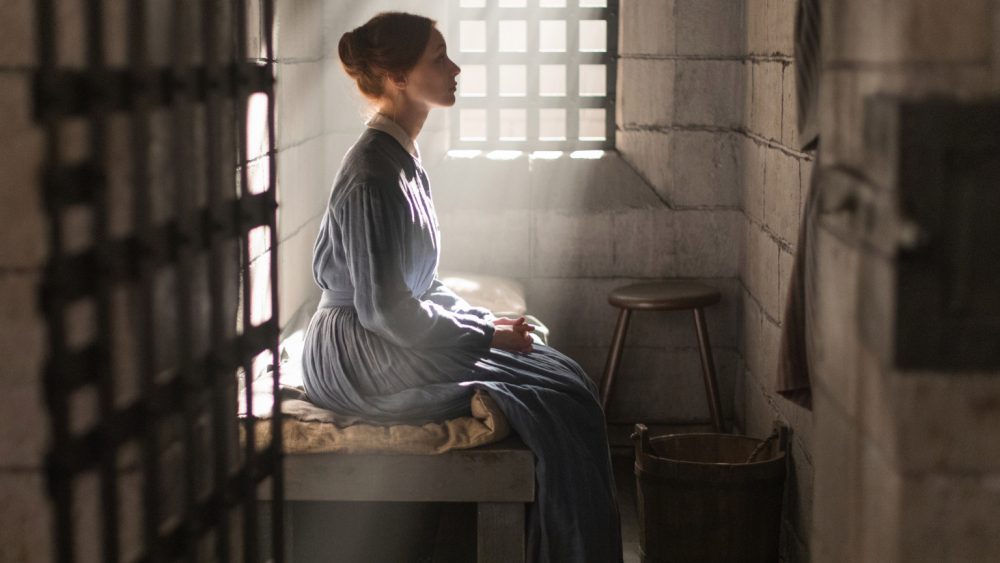Time: The 10 Best Miniseries of the 2010s
Along with the sheer volume of ideas, voices and viewing options that we now enjoy, one of the most exciting TV trends of the past decade has been a streaming-driven liberation from standard hourlong drama and half-hour sitcom formats—a development that has brought the miniseries back in a big way. These one-season wonders are an art form all their own. They require more efficient storytelling and character development than a show designed to run for years. And since they don’t stick around long enough to wear out their welcome, they’re often more satisfying in the end. In celebration of what has become one of my favorite varieties of television—and as a supplement to my list of the decade’s 10 best shows—here’s a chronological list of the miniseries I loved most in the 2010s.
A note on criteria: Now that networks seem to be using the “limited series” designation to test out longer-term concepts—and popular miniseries like Downton Abbey and Big Little Lies have been renewed for two or more seasons—it’s harder than ever define what does and doesn’t fit into this category. To qualify for this list, however, a miniseries has to be defined as such in advance of its release. It can have sequels, like Top of the Lake and The Young Pope, but it can’t be a single, continuous story that spans multiple seasons or a series that was canceled after just one.)
Also read TIME’s list of the best TV shows, movies, movie performances, nonfiction books and fiction books of the decade.
Alias Grace (Netflix, 2017)
Despite all the fanfare that surrounded Hulu’s flagship drama The Handmaid’s Tale, the best Margaret Atwood adaptation of the decade turned out to be this miniseries from writer Sarah Polley (Stories We Tell) and director Mary Harron (American Psycho). Based on the true story of Grace Marks, a 19th-century Irish maid in Canada who became a cause célèbre after her conviction in the murders of her employer and his housekeeper, Alias Grace is framed as a series of sessions between Grace (a sphinx-like Sarah Gadon)—now 15 years into her life sentence—and a psychiatrist (Edward Holcroft) sent to evaluate her mental state. She has always claimed to have no memory of the day the slaughter took place, and her supporters hope that his observations will vindicate her. Their doctor-patient relationship abounds with fascinating tensions, as flashbacks provide insight into the brutal realities of a life as constrained as that of a single, impoverished immigrant woman in the Victorian era. Best of all, no one had the temerity to continue the show beyond the profoundly satisfying conclusion of Atwood’s book.
